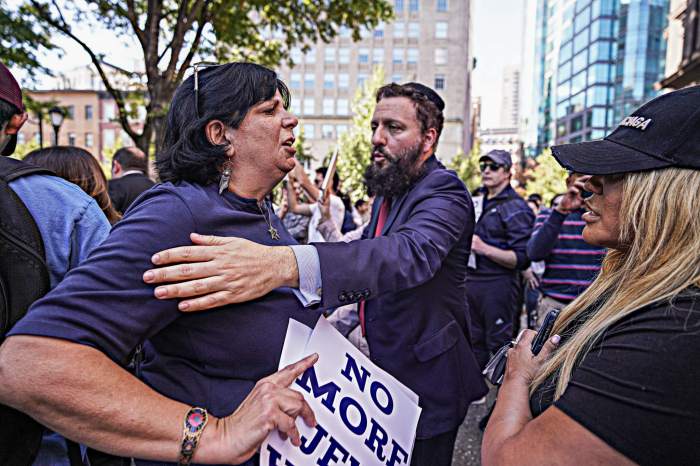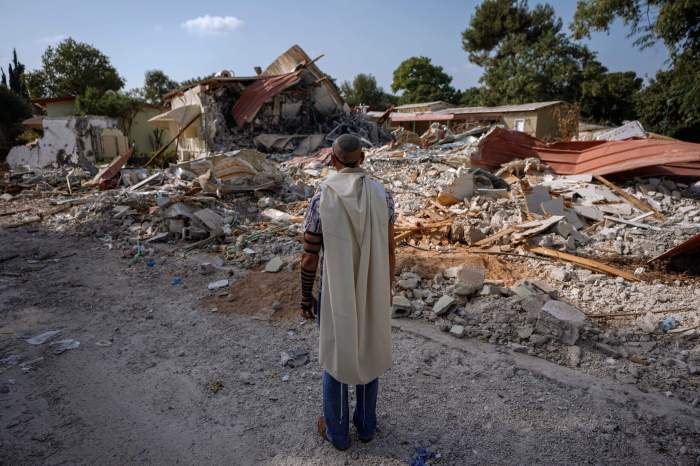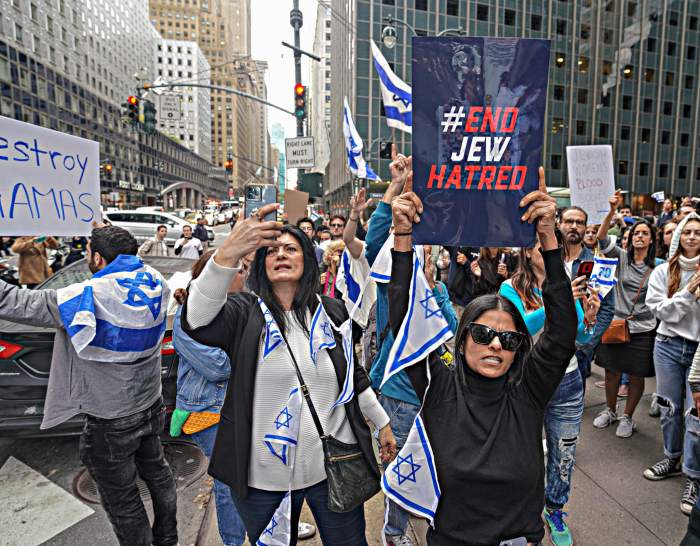
A core proposal in the education tax-credit bills floating around Albany is a good one. Families earning less than $60,000 annually should receive a $500 tax credit to offset private school tuition. The credit would give a boost to families that already pay for public school but want their kids in a private school because it offers a specific educational approach or because the local public schools are unsafe or academically wanting. Almost 400,000 students in New York State attend private schools, about 50,000 of them on Long Island.
The income limit puts to rest the most valid criticism of many tuition tax-credit proposals: They simply put taxpayer money back in the pockets of prosperous parents who can afford their kids’ tuitions regardless.
But the wisdom of that plan underscores the weakness of the other core component of these bills, one approved by the Senate and another written by Gov. Andrew M. Cuomo: They would allow tax credits of 75 to 90 percent on donations of up to $1 million to fund private school scholarships. Building scholarships is a noteworthy goal.
But who benefits here? It’s not just underserved kids. Families eligible to get financial aid from these very donations could have incomes up to $300,000 a year in the Cuomo bill and $250,000 in the Senate version. And that smells like a boondoggle.
It would be too easy for families making $250,000 a year to give “donations” to a scholarship fund, earn big tax credits, and then have their children receive “scholarships” from the fund. That would essentially leave taxpayers footing most of that private tuition.
Negotiations over this issue will likely be contentious this week as Albany’s legislative session begins to bubble toward its pre-recess boiling point. The Republican-controlled Senate and Cuomo are on board, albeit with their slightly differing bills. Religious and charter schools are pushing hard, too. There’s also a significant amount of support in the Assembly, but it’s being tempered by an all-out war against the legislation by the New York State United Teachers union. So, it’s a tough issue for many Democrats, squeezed between constituents who could use the tax credit and the union they least want to cross.
Certain aspects of the legislation, like tax credits for donations to public schools and tax credits to reimburse schoolteachers for money they spend on classroom supplies, are slam-dunk great ideas. And the tuition tax credit for lower-income families speaks to a real need. There are some bad public schools in New York, largely in neighborhoods inhabited by lower-income and minority residents. And these parents deserve help as they struggle to help their kids.
But the huge gap between the $60,000 income limit for the tuition tax credit and the $250,000 or $300,000 income limit for the recipients of the donations sounds an alarm. The former probably needs to be a little bit higher, to give more parents a break and more kids an opportunity. And the latter needs to be much lower to prevent abuses. Taxpayers shouldn’t have to subsidize the private school tuitions of families making that much money.

















